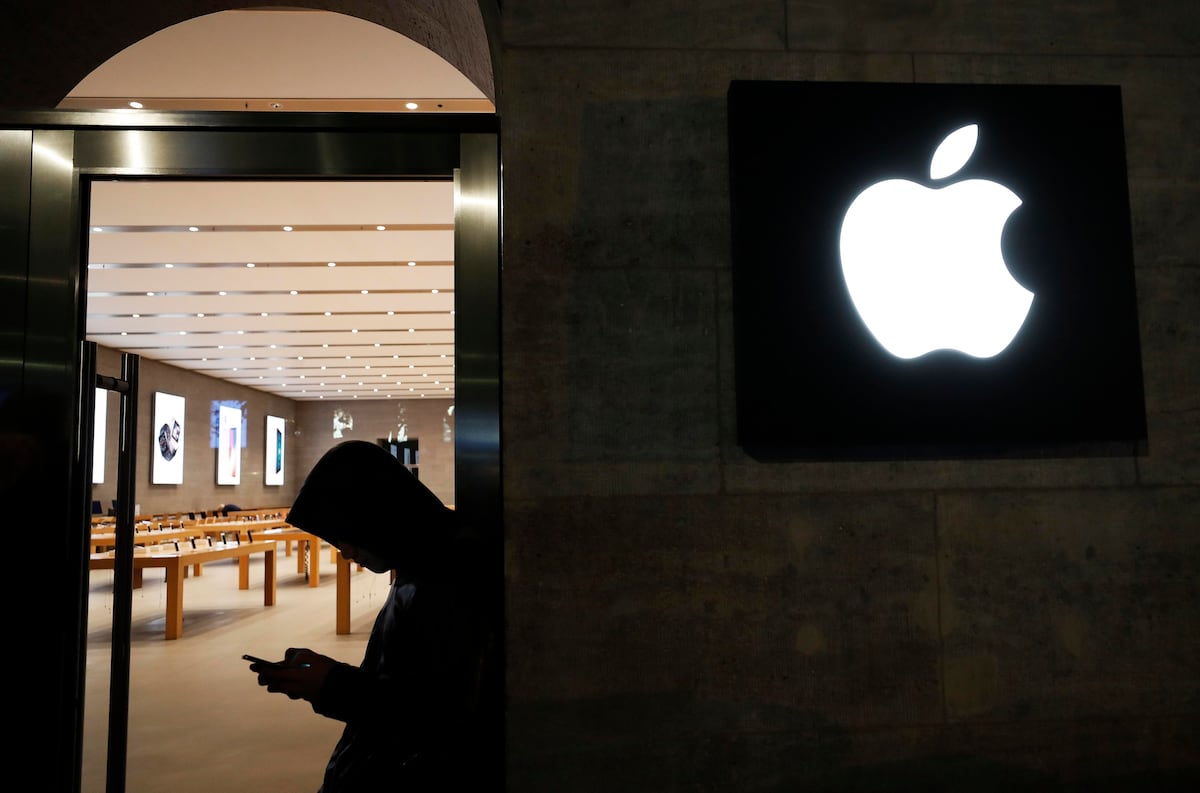NVIDIA introduced the GeForce RTX 50 Series consumer GPUs for desktops and laptops, aimed at gamers, creators and developers. Based on the NVIDIA Blackwell architecture, with fifth generation Tensor Cores and fourth generation RT Coresthe GeForce RTX 50 Series represents an advancement in AI-driven rendering, introducing neural shaders, digital human, geometry and lighting technologies.
“Blackwell, the AI engine, is finally available for gamers, developers and creators“, says Jensen Huang, founder and CEO of NVIDIA. “A fusion of AI-driven neural rendering and ray tracing, Blackwell represents the most significant innovation since we introduced programmable shading 25 years ago“.
Here is the video
The GeForce RTX 5090the fastest GeForce RTX GPU ever, boasts 92 billion transistors and a computing power of more than 3.352 trillion AI operations per second (TOPS). Blackwell and DLSS 4 architectural innovations enable the GeForce RTX 5090 to double the performance of the previous GeForce RTX 4090.
Laptops also benefit from the power of GeForce Blackwell, offering high graphics performance and remarkable efficiency. NVIDIA Max-Q technology for the Blackwell generation extends battery life by up to 40% and enables the creation of thin and light laptops without compromising power and performance.
DLSS 4: Performance Increased Up to 8 Times
DLSS 4 introduces Multi Frame Generation for the first time, which uses AI to generate up to three frames for each rendered framethus increasing frame rates. In synergy with the suite of DLSS technologies, performance improves up to 8 times compared to traditional rendering, while maintaining high responsiveness thanks to NVIDIA Reflex. DLSS 4 also introduces the first graphical application of the transformer model architecture. Transformer-based DLSS Ray Reconstruction and Super Resolution models use double the parameters and 4x more computing power to deliver greater stability, reduced ghosting, sharper details and improved anti-aliasing. DLSS 4 will be supported on GeForce RTX 50 Series in over 75 games and applications at launch.
Here is the video demo presented
NVIDIA Reflex 2: Latency Reduced by Up to 75%
NVIDIA Reflex 2 introduces Frame Warp, an innovative technique to reduce latency in gamingimproving the rendered frame based on the last mouse input before it is sent to the display. Reflex 2 reduces latency by up to 75%, giving gamers a competitive advantage in multiplayer and greater responsiveness in single-player games.
Blackwell: AI Comes to Shaders
25 years after the introduction of programming of shaders with GeForce 3, NVIDIA introduces RTX Neural Shaders, which brings small AI networks inside programmable shaders, opening up access to cinematic-quality assets, advanced lighting and more in real-time gaming.
Rendering game characters is one of the most complex challenges in real-time graphics. RTX Neural Faces uses a rasterized face and 3D pose data as input, and leverages generative AI to render a high-quality digital face in real time. RTX Neural Faces is joined by new RTX ray-traced hair and skin technologies and RTX Mega Geometry, which increases the number of ray-traced triangles in a scene by up to 100xfor unprecedented realism.
Autonomous Game Characters
The GeForce RTX 50 Series delivers High AI performance to power autonomous characters in games, thanks to a suite of new NVIDIA ACE technologies that allow characters to perceive, plan and act like human players. Autonomous characters powered by ACE have been integrated into PUBG: BATTLEGROUNDS, InZOI and MIR5.
AI-Powered Tools for Creators
GeForce RTX 50 Series supports FP4 precisiondoubling the performance of AI image generation and enabling generative AI models to run locally with a small memory footprint. The NVIDIA Broadcast app is enriched with Studio Voice and Virtual Key light, while Streamlabs introduces the Intelligent Streaming Assistant, based on NVIDIA ACE and Inworld AI.
The GeForce RTX 5090 and RTX 5080 will be available from January 30th, at €2,389 and €1,199 respectively. The GeForce RTX 5070 Ti and RTX 5070 will be available from February, at €899 and €659 respectively. Laptops with GeForce RTX 50 Series GPUs will be available in March (5090, 5080, 5070 Ti) and April (5070).








